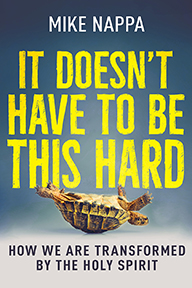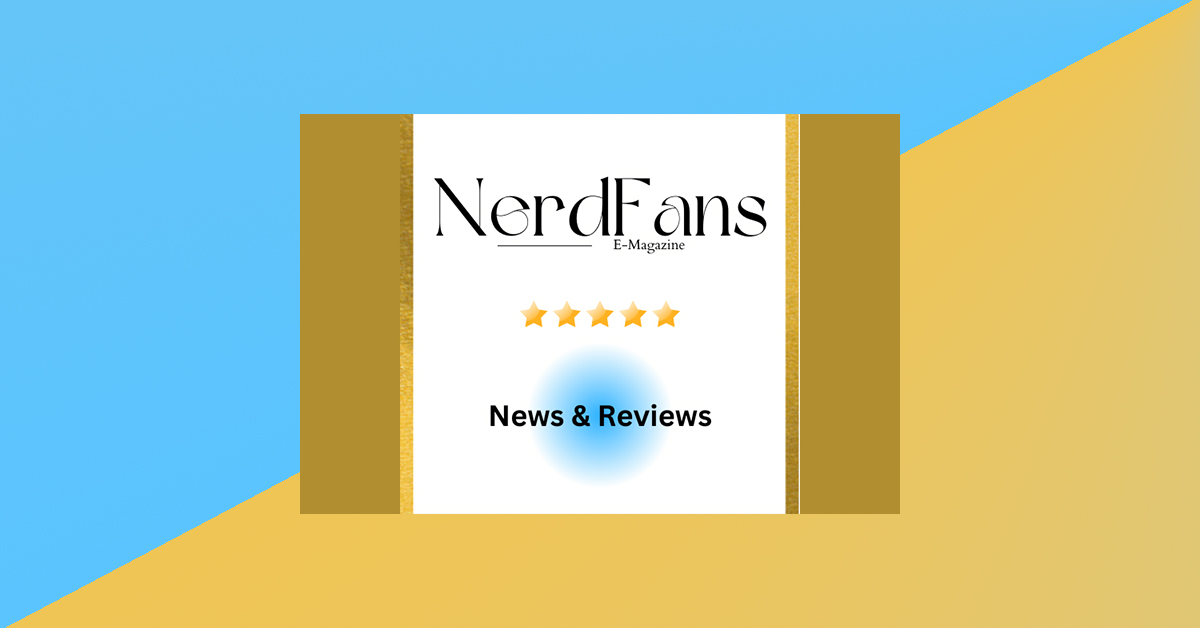A Marketing Team reason for rejection
In the movie, Bowfinger, Heather Graham plays Daisy, a girl from Ohio who moves to California in order to make it in the movie business. When she steps off the bus in Hollywood, she looks around expectantly and asks no one in particular, “Where do I go to be an actress?”
Too many aspiring authors demonstrate Daisy’s misguided optimism, thinking all they have to do is show up and a publisher will take care of the rest of the details required to make them a star. Unfortunately, in today’s publishing climate the author is generally expected to contribute significantly to the star-making efforts for his or her book. This is especially the case with newer, or first-time, authors.
What that means is that every editor nowadays is being asked by the Marketing VP, “What’s this author going to do to help us promote his or her book?” And your editor is going to expect you do to answer that question with a clear, definitive plan.
Since most authors don’t have easy access to a large Public Relations firm or the services of an independent marketing company on retainer, the best answer to that question is an opportunistic, grassroots publicity plan. If you can’t provide that, my Marketing VP is going to frown and start shaking his head.
From your perspective, this is an issue of both desire and skill. First, you have to want to create publicity for your book on a grassroots level, exploiting your areas of influence and unique opportunities to get the word out. Second, you must know how to do that effectively and affordably.
Remember the good old days when being a professional writer was only about, um, writing? Well, the good old days are gone. Now you’re expected to be both a master of language who can write a phenomenal book, and a savvy guerilla marketer who can start a grassroots firestorm of publicity about said book.
It’s not fair, but that’s the way it is.
What You Can Do About It
1. Learn how to create a press kit.
OK, I’m not talking about a full-on, four-color notebook with pages of info and maybe a book-themed toy included (though I did very much enjoy a press kit once that came with Disney-themed cookies inside). You don’t need that kind of publicity overkill. And, when you send your proposal, you don’t even need to actually create a press kit—you just need to demonstrate that you can.
Most often nowadays, press materials are simply printed off a computer, folded in half, and stuffed inside the front cover of your book. So what you’ll want to know is how to create that front-cover-stuffing.
There’s not room here to go into detail about each individual part of the press packet, but generally speaking you’d want to include:
• a press release announcing your book
• a pitch letter with specific story ideas related to your book (to send to media outlets when you request coverage)
• your bio
• suggested interview questions (these should be engaging, interesting, and something that would make it easy for you to be interviewed live)
• endorsements page (optional)
• your picture (optional)
2. Compile a personal database of local media and book retail outlets.
These are what would be considered “promotional outlets” or “media outlets.” They’re the places within your reach where your book might actually gain media coverage or gain a promotional event opportunity. For instance, local newspapers, regional magazines, local association newsletters and/or events, local bookstores (both national chains and independents), local grocery stores, regional radio stations, and so on.
Basically, anyplace that might tell others about your book should go into your database. Include contact names (such as the store manager, or editor of the “Lifestyle” section of your newspaper) as well as full contact information for the outlet. If you can put together a database with 50 or more promotional outlet opportunities available in your grassroots network, that’s something a Marketing VP will be happy to hear.
3. Put together a formal Publicity Plan to include in your proposal.
Again, I’m not suggesting that you must create a formal press kit before you pitch your book to a publisher, but I am recommending that you tell an editor (so the editor can tell the Marketing VP) about your unique plan for starting a grassroots effort on behalf of your book. One place you might want to visit to get help with ideas for grassroots PR ideas is the website, PublicityHound.com.
Then, when you write your proposal, go ahead and include a section that talks about your future PR plans. Indicate that, in support of the book’s release, you’ll send a full press kit (tell what’ll be in that kit) to your own mailing list of promotional outlets. If you can guarantee a book signing or two at your local Costco or Barnes & Noble bookstore, throw that in too. List your plans in bullet-point format, and make sure you give the impression that you have both the desire and the skill to pull off a small-scale PR effort on behalf of your book. If you can do that, you’ve made the Marketing VP’s job easier—and that may be enough to make her take a chance on your new book.
Looking for more? Check out these links:











